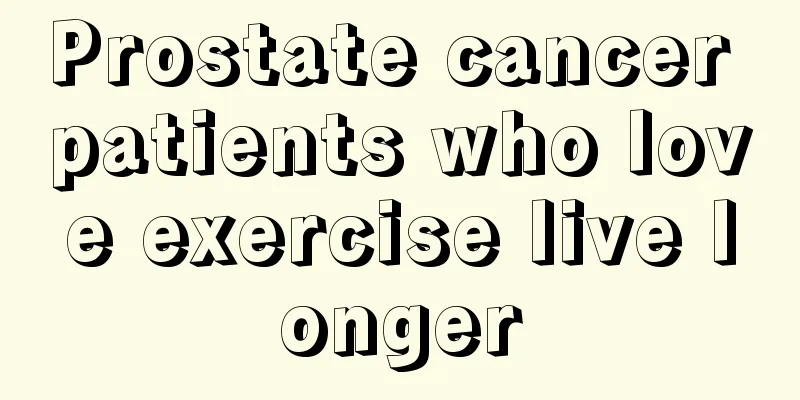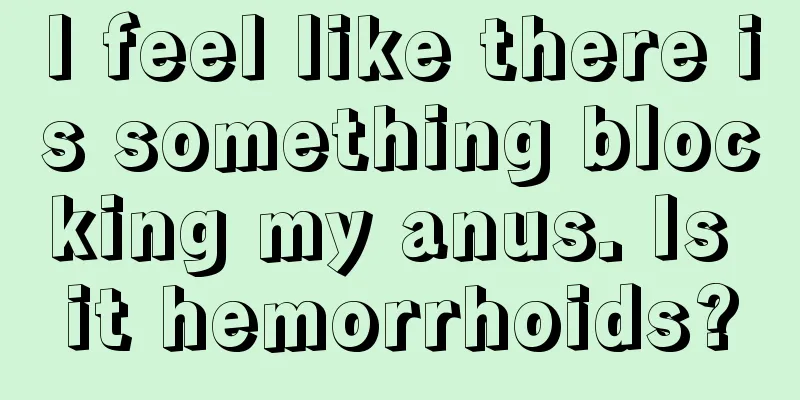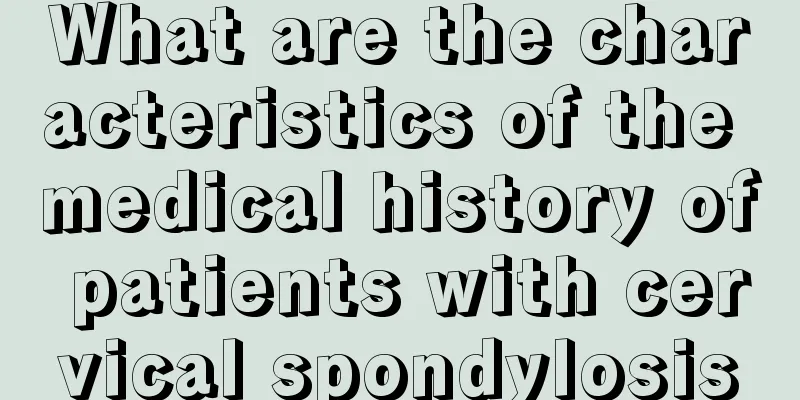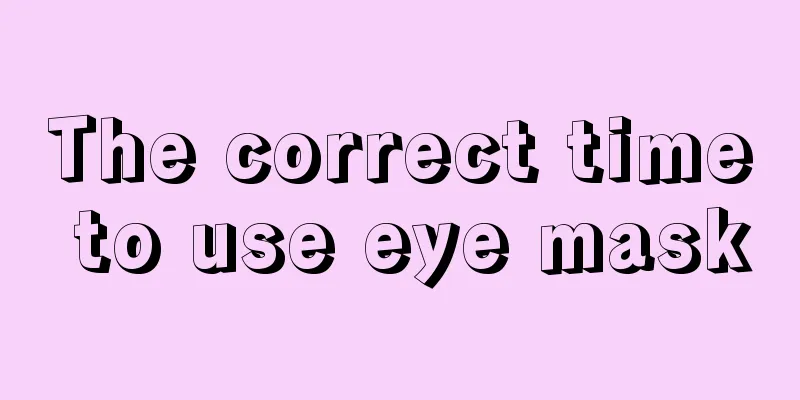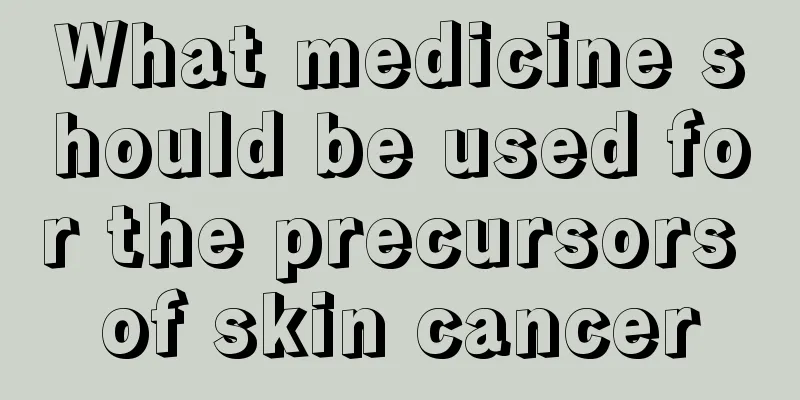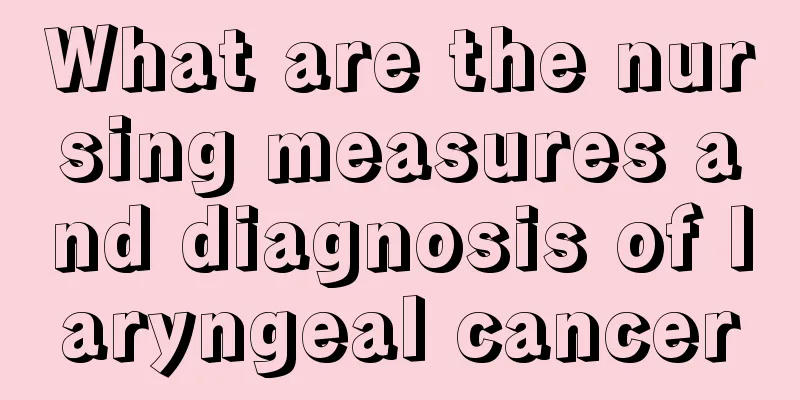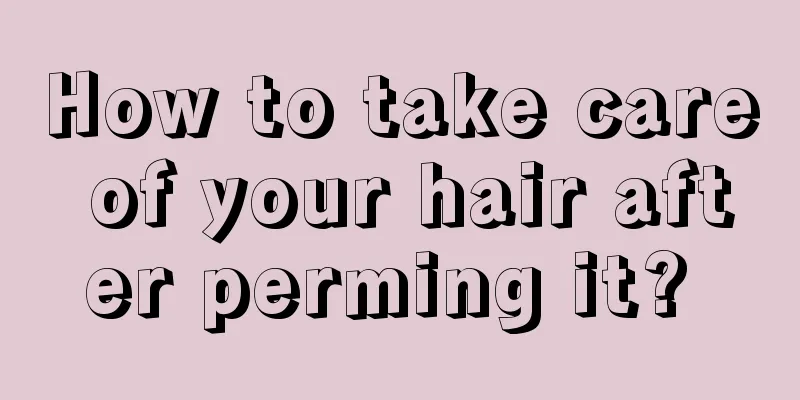Menopausal tachycardia
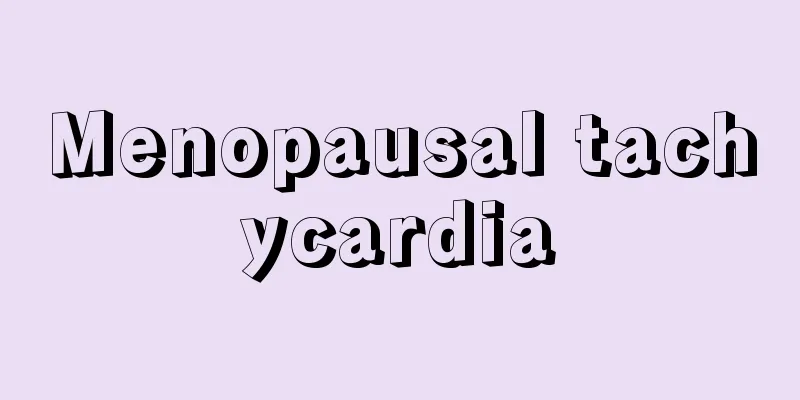
|
Menopause is a special period for women. During this period, women's hormones undergo certain changes in their bodies, so some abnormal phenomena will occur in both emotions and physical health. For example, hypercardia is a common health problem during menopause. Here are some methods to relieve menopausal tachycardia! 1. Eyeball compression method Close your eyes and look down, use your fingers to press the upper part of the eyeball under the eye socket, starting with the right eye. At the same time, take your pulse and count your heart rate. Once the tachycardia stops, stop the compression immediately and do not use excessive force. Do this for 15 seconds each time. If pressing on one side is ineffective, switch to the other side. Avoid pressing on both sides at the same time. At the same time, take propranolol or propranolol tablets orally. Note: This method is contraindicated for patients with glaucoma or severe myopia. If you find that the heart rate suddenly becomes regular and normal, you should stop the compression immediately. Do not compress both sides at the same time to avoid causing obvious cerebral ischemia. Note: This method is contraindicated for patients with a history of carotid artery allergy or cerebrovascular disease. 2. Carotid sinus compression method The patient lies supine, and family members help compress the carotid sinus on one side (at the level of the thyroid cartilage, with the carotid pulsation pressed toward the cervical vertebrae) for 10 to 20 seconds each time. If this is ineffective, switch to the other side. When applying pressure, the movements should be gentle and not too strong. At the same time, the pulse should be felt to monitor the heart rate. If you find that the heart rate suddenly becomes regular and normal, you should stop the compression immediately. Do not compress both sides at the same time to avoid causing obvious cerebral ischemia. Note: This method is contraindicated for patients with a history of carotid artery allergy or cerebrovascular disease. 3. Diving Reflex Method It can strongly excite the vagus nerve and is more effective for young infants. The method is to soak a towel or ice water bag with ice water at about 5°C and apply it to the entire face for 10 to 15 seconds each time. If it doesn't work once, try again every 3 to 5 minutes. 4. Breath holding method Ask the patient to take a deep breath and hold it until he or she can no longer hold the breath, then exhale forcefully. 5. Throat stimulation Stimulating the throat with your fingers or a tongue depressor to induce nausea and vomiting can help terminate the attack. |
<<: Sinus tachycardia can be cured
Recommend
Does kelp need to be boiled before frying
Kelp is a food that everyone is familiar with, an...
Is bladder cancer related to lack of drinking water? Is it necessary to quit smoking to prevent bladder cancer?
Bladder cancer is the most common malignant tumor...
Is it good to have a broken palm
A broken palm is a relatively common phenomenon a...
When is hepatitis B surface antibody produced?
Hepatitis B surface antibodies are generally prod...
Is prostate cancer a major surgery?
Is prostate cancer a major surgery? Prostate canc...
Are Chinese people more likely to get liver cancer? You must know these 3 reasons
The proportion of liver cancer in Chinese people ...
What are the little tricks of toothpaste
Toothpaste is something that everyone is familiar...
What are the functions of beer yeast in life
With the development of the economy, brewer's...
What can I use instead of nail polish remover
Many people often need to use nail polish remover...
Cranial nerve function examination
We all know that the human nervous system is very...
What causes nail loss?
The health of nails is directly related to people...
What is the treatment for severe fatty liver
Friends always fail to take responsibility for th...
What are the misunderstandings about cervical cancer? What are the most common mistakes in cervical cancer treatment?
Cervical cancer vaccination and pasteurized smear...
Can I eat beef if I have kidney stones?
Men generally suffer from kidney stones when they...
What are the diagnostic methods for ovarian tumors?
Ovarian tumors are common gynecological tumors, a...

